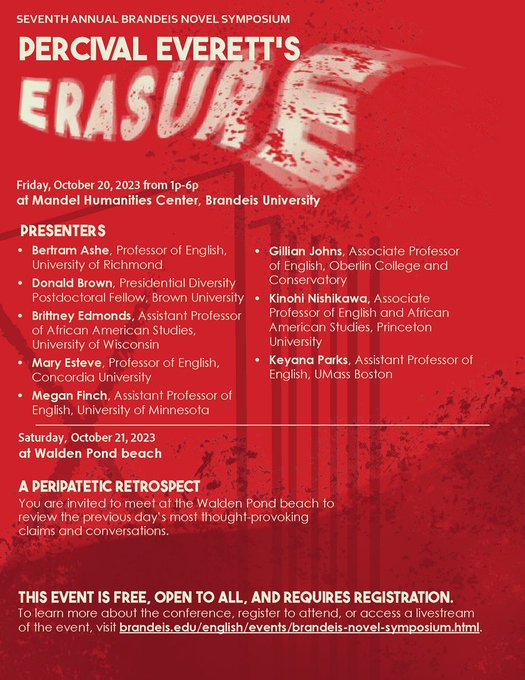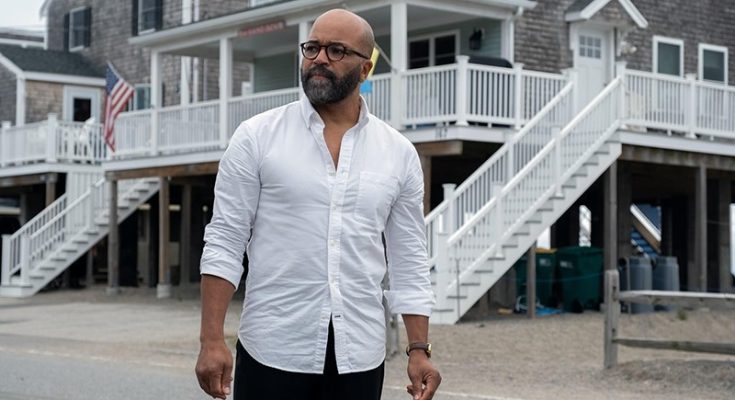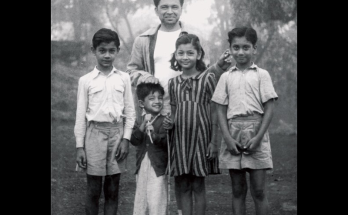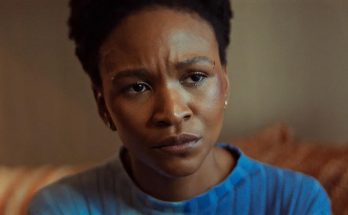#AmericanFiction; #CordJefferson; #Interview; #JeffreyWright ; #TIFF2023
Toronto/CMEDIA: Starring Jeffrey Wright in Cord Jefferson’s directorial debut, American Fiction, was world-premiered in Toronto International Film Festival (TIFF 2023) as a special presentation, has won the People’s Choice Award at TIFF 2023.
Adapted from Percival Everett’s novel Erasure, American Fiction is both satire about the commercialization of marginalized voices and portrait of an artist forced to re-examine the terms of his integrity. Speaking on Writing and Directing People’s Choice Award Winner American Fiction Cord Jefferson, in conversation with IBNS-CMEDIA correspondent Asha Bajaj on the sidelines of TIFF2023 says the film is a timely reflection about race, progress, and community.
Q,: The film is based on the novel Erasure. What inspired you to adapt the novel?
When I read this novel I felt that this was written as a personal gift to me. It was so similar to my life’s personal experiences. All the conversations in the book were similar to those I had with my friends for years and years. Some of book’s the family dynamics was also similar to my own family dynamics with an ailing mother and I moved homes to be with my mother. She became very sick with cancer. There was a bunch of stuff in the book that reminded me of my own life. By the time I had read 20 pages of the book I decided to adapt it for my film. And by the time I had read the whole book I was convinced that I would direct the adaptation. I started reading the book in Jeffrey Wrights’s voice because he was the first person I wanted to go to. I felt I was doing the exact right thing to take on to be the director for the first time.
2. How dividing did you set apart the satire and the drama of the story?
I never thought about dividing he satire from drama of the story. I did not think of giving either more space than the other. In reality of life even in the worst of times, there are still things that make you laugh, there still are opportunities for you to smile, and fall in love. The idea of having comedy without drama or vice versa, does not feel authentic to my experience. It is also not the kind of stuff that I want to make. I more than understand very dark dramas and I really love those. I also love super funny comedies. When I sit to write I cannot think of them as separables. I always mingle them together. So it was never a debate for me how to separates these in my stories. It just goes hand in hand because I feel it is natural and authentic to real human experiences.
3. What excited you most about the novel Eraseur’s cinematic potential?
There were so much similarities with the lead characters, my personal life, lot of conversations in the book about identity and race that I was having with my friends and colleagues. I felt it the right first movie for me to make cheaply, not asking for huge amounts and with small amounts manage to make a movie. I planned to make this movie with small budgets but big ideas,

4. Any fears and anxieties you felt about making your first film?
My most frightening thought was that after watching the mcovie, the movie goers would comment that I have spoiled the movie by adapting from the book whose author was legitimate and well-versed. After the screening of the movie was shown, I was told that the best thing about the movie is that I have made it my own and very unique, and it was a different piece of art. Best compliment and praise and encouragement I got. Even if I changed my medium I still kept my voice in it.
5. What was the intake of the TV that you brought to the film?
Production of TV serial, or serials takes much more time. Also the once the characters come to know about the plot of the story, their parts, their characterization is set. People watching the TV know what to expect from these characters. The director is also relaxed as far as characterization is concerned and he knows what to expect from each character, But setting up the plot and its progress and its climax is time consuming.
But for directing the film you get very little time. So when I started writing I wanted to make these characters as complex and nuanced in the same way as they appear on the TV. I wanted a more intimate character study than a crazy plot. My main approach was just concentrating on the character. This was probably the biggest thing in my mind that I brought away from the TV.
6. Please comment about developing your team.
For nearly 10 years I was a journalist before I started working in films and televisions. Although I liked my work as a jornalist, I felt very solitary in my writing. So while working for film I wanted to find out persons who as a team would collaborate with me for all my life. Going into meetings with them was thrilling. I could decide the people with whom I could work for the next fifty years with lot of ethics and philosophy.





